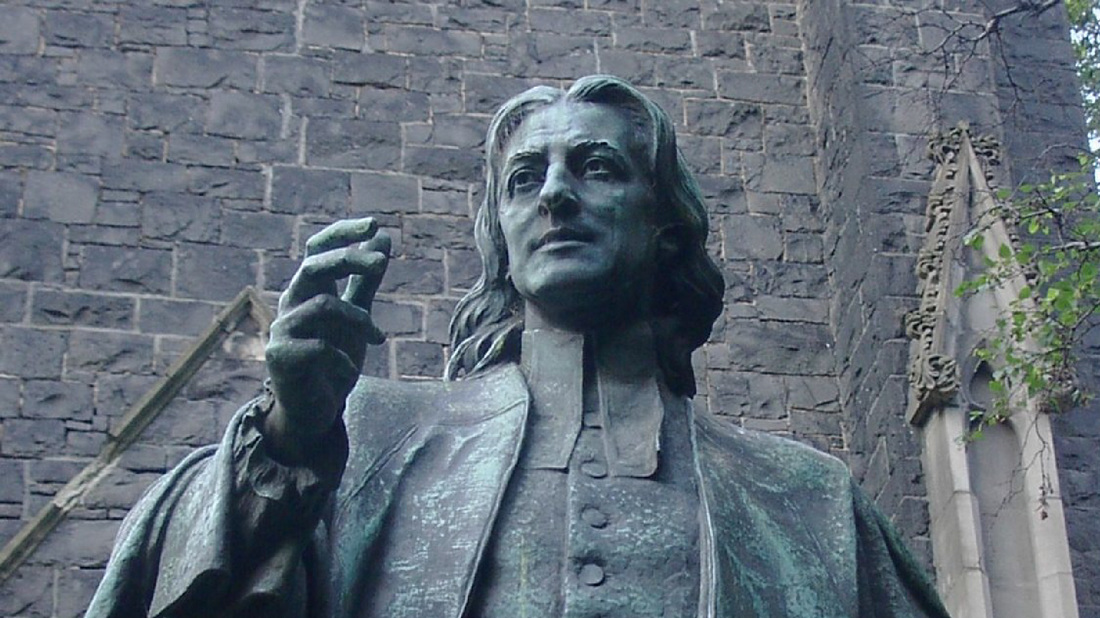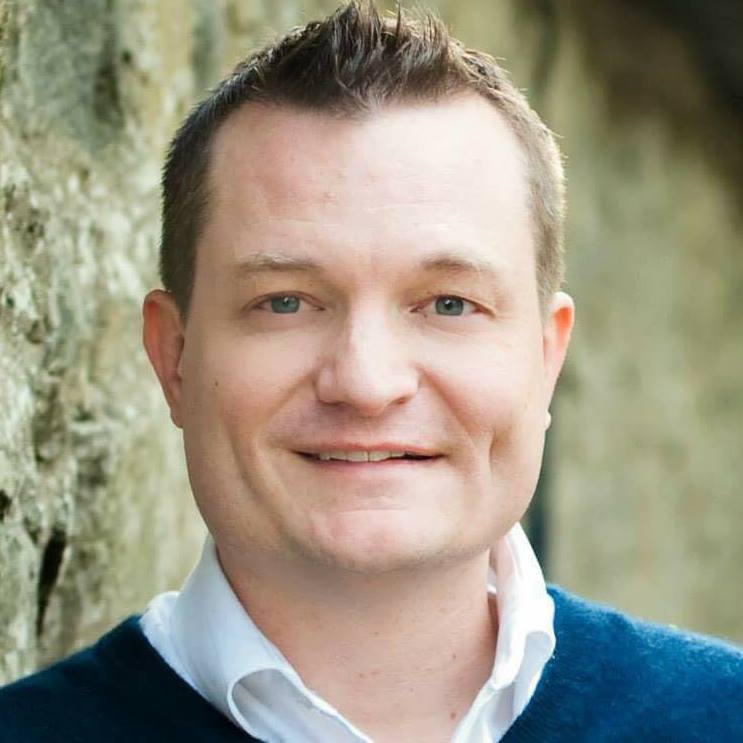|
In Zechariah 3:1-3, Satan, the accuser, is standing beside Joshua, the very human high priest who is sinful and clothed in filthy robes. He is ready to accuse Joshua for his sins, when the Lord intervenes and says,
“The Lord rebuke you, Satan! The Lord, who has chosen Jerusalem, rebuke you! Is not this man a burning stick SNATCHED from the FIRE?” God planned to save and redeem Joshua--ultimately by sending Jesus (Jesus is the Greek version of the name Joshua) to be a perfect high priest and king. Satan was only there to hurl insults, shame, and accusations. He saw no value in Joshua. But God did. He deserved death, but God saved him by his grace, as a "burning stick snatched from the fire." There is a great sermon illustration for this passage (or any other passage on God's grace and redemption) from in this story - JOHN WESLEY - A BRAND PLUCKED FROM THE FIRE! Like Joshua the high priest, God would redeem Josh Wesley, not discard him, and use him for something incredible and powerful. ------------------------------------------------------------------------------------------------------------------------- "At the age of five the Wesleys’ home caught on fire in the night. All the children were removed safely from the house, but when they were counted, John was missing. A farmer from nearby spotted little John looking out of an upstairs window amid the leaping flames. Several neighbors climbed on each other’s shoulders, ‘till the man on top was able to put his arms around the boy and pull him out of the flames to safety. Only moments after he was rescued, the entire house exploded in flames. Ever after, for the rest of his life, John Wesley referred to himself 'as a brand plucked from the burning,' quoting Zechariah 3:2. . . As a young man, John and his brother Charles went to Oxford University. Influenced by the home schooling he received from his mother Susanna Wesley, John was a very serious young man. At Oxford he became the leader of a small group of serious Christian young men called the “Holy Club.” George Whitefield was also a member. But it was not until several years later that he came under the influence of Luther’s writings and experienced a true conversion. John and his brother Charles were sent by the Church of England as missionaries to Georgia, in the American colony. On board ship, while sailing to America, he saw a group of German Moravians who were unafraid of a great storm that nearly destroyed the ship. John himself was terrified by the storm. But those German Christians sang songs and had no fear. This impressed him greatly. John failed as a missionary in Georgia. During this time he realized that he had never been truly converted. As he left Georgia for a return trip to England he knew he had failed. He wrote in his Journal, “I went to America to convert the Indians; but O! who shall convert me? Who shall deliver me from this heart of unbelief? O, who will deliver me from the fear of death?” When he got back to London John Wesley met Peter Bohler, a member of the group of German Moravians who had impressed him with their braveness during that storm at sea. Peter Bohler instructed him in how to experience conversion. The counselling of Bohler and his readings from Luther’s commentary on Galatians, which emphasized justification by faith in Christ alone, prepared him for true conversion. “In the evening I went very unwillingly to a society [Bible study group] in Aldersgate, where one was reading Luther’s preface to the Epistle to the Romans. About a quarter before nine, while [Luther] was describing the change which God works in the heart though faith in Christ, I felt my heart strangely warmed. I felt I did trust in Christ, Christ alone for my salvation; and an assurance was given me that he had taken away my sins, even mine, and had saved me from the law of sin and death.” His brother Charles Wesley had been converted a few days earlier. Now they were ready to join together to lead the First Great Awakening in England, along with the great preacher George Whitefield, a friend of theirs from school days at Oxford. John Wesley began preaching the new birth in various Anglican [Episcopal] churches around the London area. Again and again, he was shut out of those churches for his strong preaching on the need of the new birth. The ministers were afraid of strong preaching on this subject, as most are today. At last there was no church that would let him preach. It was then that his long-time friend George Whitefield persuaded him to speak outdoors in the open fields. He began preaching in the fields near Bristol in 1739. The First Great Awakening in England had begun. The fire of revival would sweep across the world during his long lifetime, due to the preaching of John and Charles Wesley, George Whitefield, Howell Harris and other Methodists. During the following fifty years John Wesley rode 250,000 miles on the roads of England, Scotland and Ireland. He gave over 42,000 sermons, always preaching twice each day, and often three or four times daily, for fifty years. His tireless work changed British society and made evangelistic Christianity a life-giving force throughout the English-speaking world . . . . At the age of 86 he was still preaching to huge gatherings of people two and three times a day, seven days a week. On October 7, 1790 he preached his last outdoor sermon in a churchyard in Kent. His last sermon was given in a house in the country village of Leatherhead on February 23, 1791. His last sermon text was, “Seek ye the Lord while he may be found, call ye upon him while he is near” (Isaiah 55:6). What do you think of this story?
5 Comments
|
Search this site for a preaching topic or sermon illustration or click on the categories below!
AuthorDr. James Nored is a minister and Executive Director of Next Generation for Christ. Categories
All
Archives
January 2016
|


 RSS Feed
RSS Feed